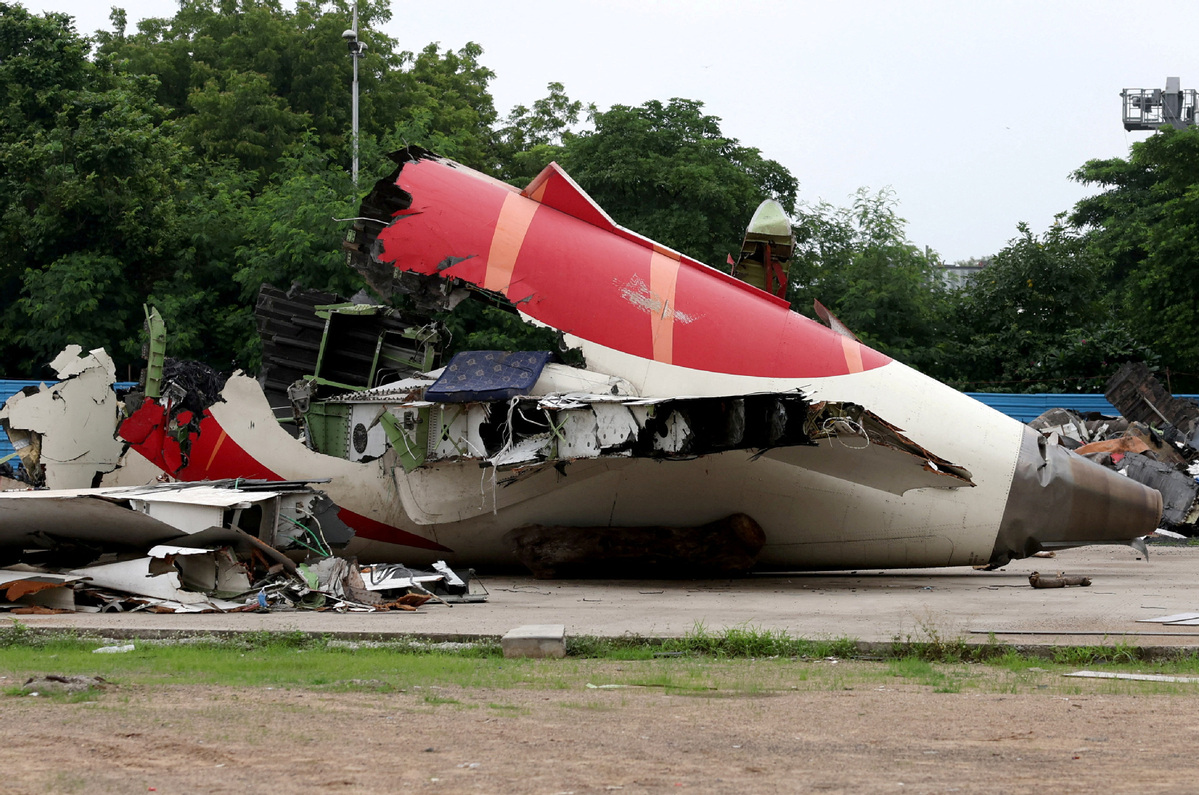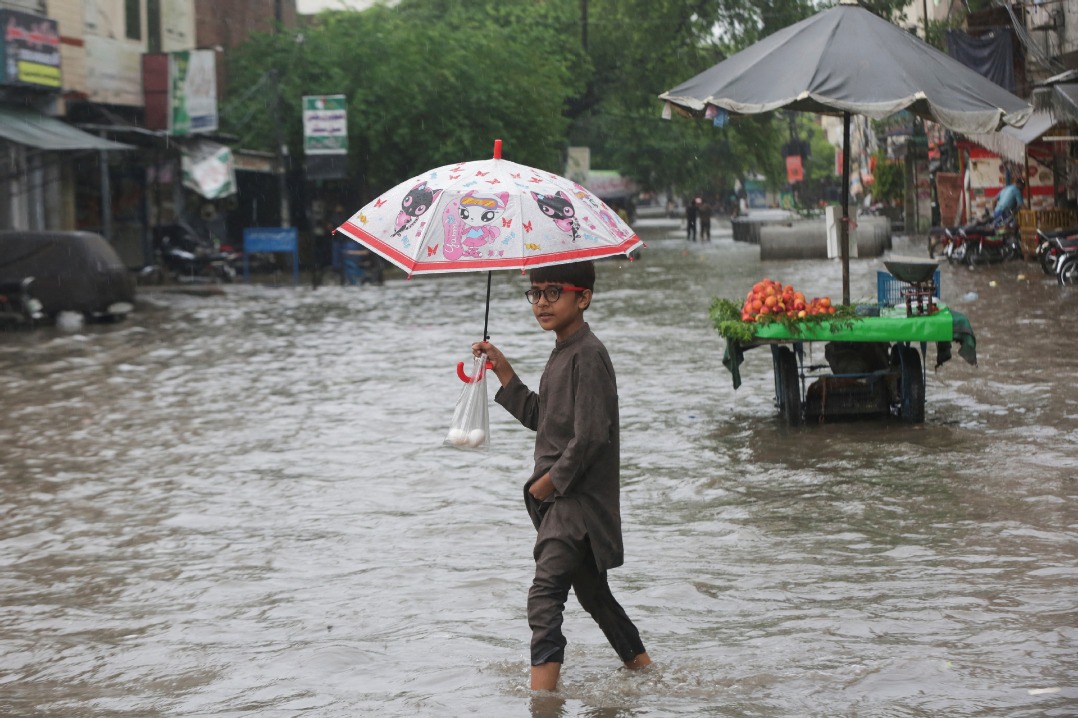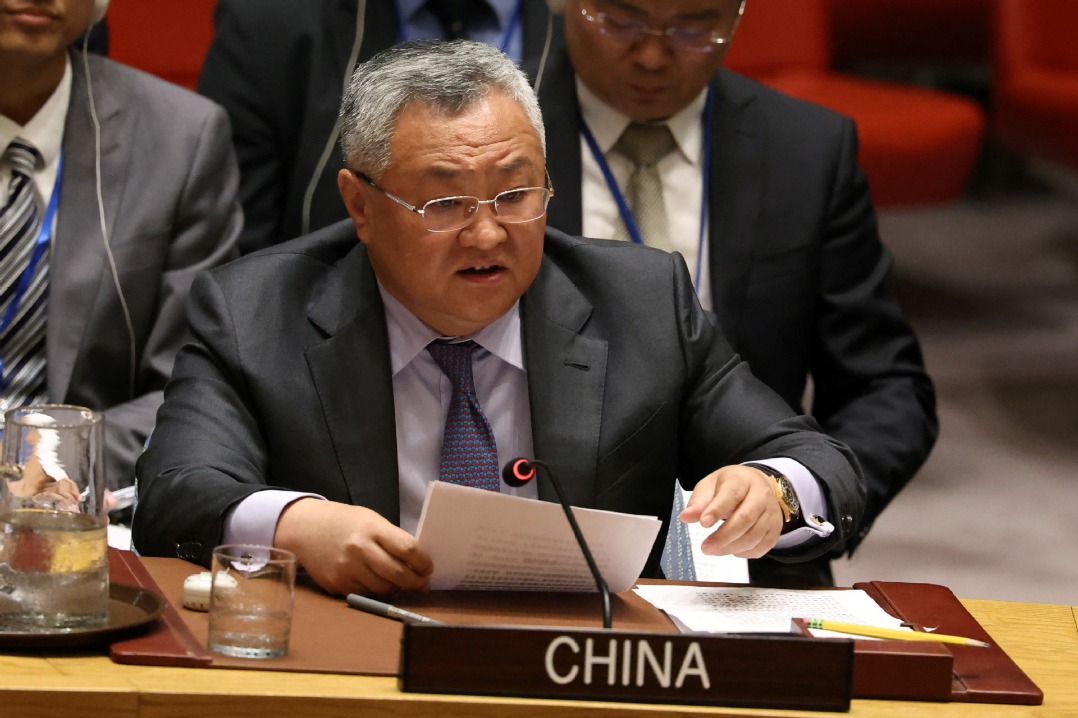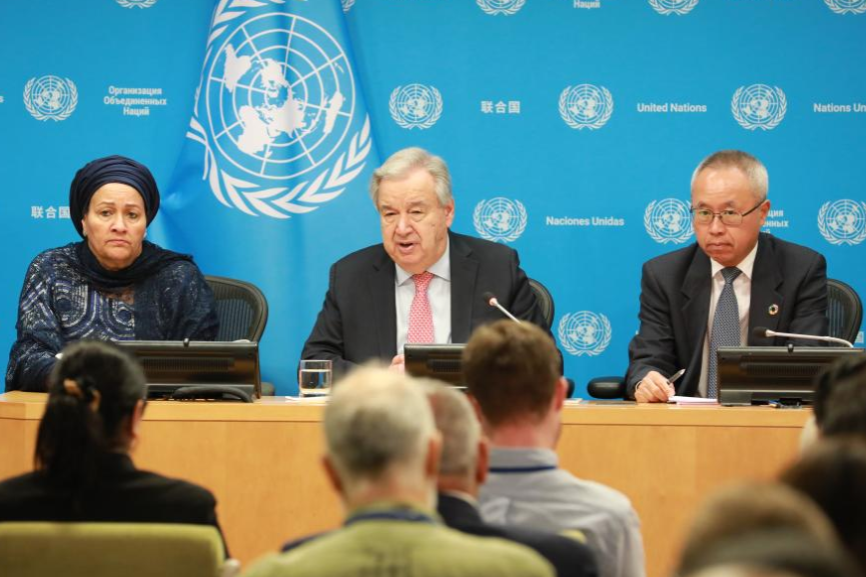India orders all domestic airlines to check Boeing fuel switches


India's aviation safety watchdog has ordered the country's airlines to inspect fuel control switches in Boeing aircraft, after a preliminary investigation report into last month's deadly crash involving an Air India passenger jet showed the aircraft's engine fuel switches turned off soon after takeoff.
The Directorate General of Civil Aviation, or DGCA, has issued the order as several domestic and international airlines started their own inspections of the locking mechanisms attached to the switches.
The Indian aviation safety regulator has directed all airline operators to complete the inspection of the engine fuel switches by July 21. The watchdog also issued mandatory modifications for aircraft, engines and components registered in India "based on the Airworthiness Directives issued by State of Design/Manufacture", a statement showed.
A preliminary report released on July 12 into the Air India Flight 171 disaster that killed 260 people noted a US aviation regulator's 2018 bulletin which recommended airlines inspect the fuel switch locking mechanism of Boeing planes.
The US Federal Aviation Administration, or FAA, warned of a risk, in a Special Airworthiness Information Bulletin (SAIB) in December 2018, concerning the disengagement of locking mechanisms in fuel control switches, especially on Boeing 737 aircraft.
The report mentioned that the FAA issued an announcement in 2018 that the Boeing 737 model had a hidden danger that the fuel switch lock function "may be detached". The FAA said its 2018 advisory "was based on reports that the fuel control switches were installed with the locking feature disengaged", but added that this did not make the planes unsafe.
The Indian investigation report pointed out that the throttle control module of the crashed Air India plane had been replaced twice, and the reasons for the replacement were not related to the fuel control switch. There have been no reports of failures related to the switch since 2023.
India's Aircraft Accident Investigation Bureau, or AAIB, which conducted the preliminary investigation into the June 12 Air India plane crash, stated that these replacements were not linked to any known defect in the fuel control switches.
According to the AAIB, switches controlling fuel flow to the two engines of the Boeing 787 Dreamliner that crashed had flipped from "run" to the "cut-off" position within one second shortly after takeoff from the western Indian city of Ahmedabad, and the aircraft crashed as its engine was starved of fuel.
On June 12, the Air India jet, which was bound for London's Gatwick airport, crashed minutes after takeoff, leaving only one survivor among the 242 passengers and crew on board. The aircraft slammed into a residential area, killing 19 people on the ground, taking the total death toll to 260.
The preliminary probe report indicated that Air India did not perform suggested inspections from the SAIB, as it was an advisory and not mandatory. An Air India spokesperson on July 14 refused to comment on the matter.
The report cited a voice recording from the cockpit. "In the cockpit voice recording, one of the pilots is heard asking the other why did he cutoff. The other pilot responded that he did not do so."
Indian authorities said the investigation is ongoing and urged the public not to jump to any conclusions regarding the June 12 incident, which was the nation's worst aviation disaster in decades.
Air India's chief executive, Campbell Wilson, said in a memo to staff on Monday that the air crash report "provided both greater clarity and opened additional questions" that had "triggered a new round of speculation in the media".
"The preliminary report identified no cause nor made any recommendations, so I urge everyone to avoid drawing premature conclusions as the investigation is far from over," Wilson added.
The memo said the preliminary report found no mechanical or maintenance faults and that all required maintenance had been carried out.
Criticizing the report, Indian pilot associations on Sunday termed it "a lack of transparency in the investigative process".
The Indian Commercial Pilots' Association said in a statement it was "deeply disturbed by speculative narratives … particularly the reckless and unfounded insinuation of pilot suicide".
"There is absolutely no basis for such a claim at this stage," it said.
"The tone and direction of the investigation suggest a bias towards pilot error," said the Airline Pilots' Association of India, adding that it rejected this "categorically".
Indian pilots who spoke on condition of anonymity to this correspondent raised serious concerns regarding the current crew management practices being followed by some Indian budget airlines.
Several Indian budget airlines have extended duty hours up to 16 hours for pilots and additional crew members without proper rest, whereas standard duty hours should have been maximum ten hours, a pilot who runs planes on international routes of a major Indian budget airline said.
Inadequate in-flight rest areas for pilots, high fatigue levels and health risks for flight crew have been significantly compromised leading to unsafe flight operations and increased risk to flight crew health and passenger safety, the pilot said. To bring down the cost, several budget airlines do not hire the required number of pilots and extend the duty hours of the pilots and cabin crew members.
Another pilot suggested that civil aviation authorities should enforce strict regulations for airlines exceeding 10 hours duty for pilots and cabin crew members. Independent fatigue risk assessments must be conducted before approving such extended duty periods, the pilot said.
Passenger safety depends on the alertness and well-being of the flight crew. These unsafe practices must be urgently reviewed and discontinued, another pilot said.
The writer is a freelance journalist for China Daily.































